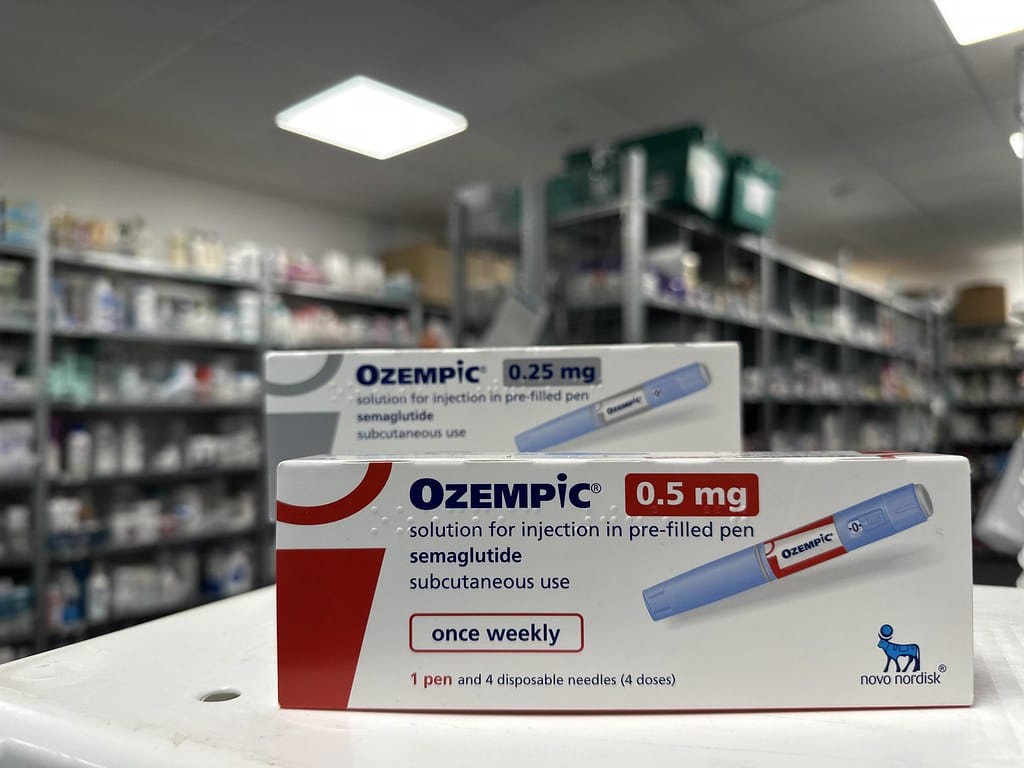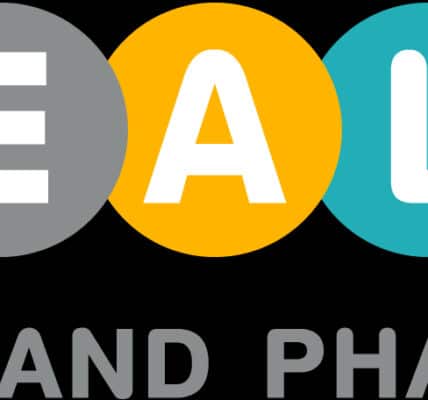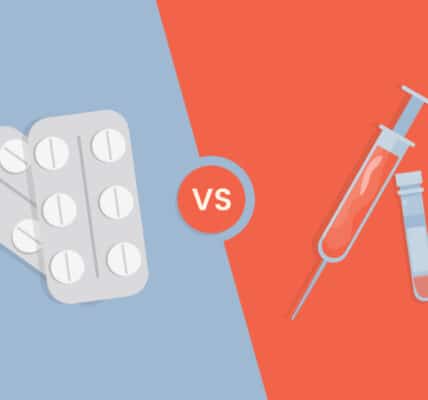Novo Nordisk to Test GLP-1 Drugs Against Addiction

Martin Holst Lange, global director of development for pharmaceutical giant Novo Nordisk, said during an online press conference that the Danish company will be exploring the use of GLP-1 drugs for the treatment of addiction.
Novo Nordisk manufactures Ozempic and Wegovy, two GLP-1 drugs approved for the treatment of obesity and Type 2 diabetes. There is evidence the drugs are helpful in the treatment of alcohol use disorder and opioid use disorder.
Novo Nordisk has come under criticism for not conducting trials for addiction treatment sooner. The big drug companies have approached the addiction market slowly because they do not want any test results that would jeopardize their cash cow: GLP-1 drugs for weight loss. How big is that cow? In 2023, Holst Lange told AP, “In the US, approximately 100 million people are suffering from obesity.”
Martin Holst Lange is not some MBA marketing grad talking head. An endocrinologist, he came up through the research side of Novo Nordisk, starting in 2002 working with GLP-2 and anti-diabetics, then ping-ponging back and forth from the U.S. to Denmark, nursing several drugs through the approval process. In 2013, he assumed responsibility for the entire Novo Nordisk insulin portfolio before being appointed director of global development in 2018.
So Holst Lange knows the science, and it sounds like he intends to slow-walk the process. He told reporters:
We will further look into this and explore how we can help patients with addiction, potentially with GLP-1. It has to be addressed in a scientific, and obviously also from a regulatory perspective, very rigorous way so we can really see the potential impact of GLP-1 in that space.
Some decoding of this statement is warranted. “We will further look into this” means we are not currently doing any studies. It is disappointing that they have not started yet. “[…] potentially with GLP-1” — what does that mean? The whole point is to test GLP-1 drugs because of the mounting evidence they work well.
“It has to be addressed in a scientific, and […] very rigorous way…” — that means S-L-O-W. A great deal of research into opioid addiction is being funded with enormous settlements from companies that facilitated the opioid epidemic. The point of this surge in funding is to achieve breakthrough innovation in the treatment of addiction. The idea is not to move slowly.
The “rigorous way” part is particularly difficult with a population of chronic substance abusers. Novo Nordisk sees the market as small and potentially dangerous. Getting patients to commit to a testing regimen and not drop out prematurely is difficult. Testing GLP-1 drugs against opioid addiction can be dangerous if patients are already underweight. Novo Nordisk does not want to take the chance of discovering some previously unknown side effects of GLP-1 drugs, such as blindness.
Perhaps Novo Nordisk is sending a “thank you” to the U.S. for declaring that Wegovy and Ozempic are no longer “in short supply” and therefore compounding pharmacists may no longer sell discount prescriptions of these popular GLP-1 drugs? Combine this with the reluctance for Medicare and Medicaid to cover GLP-1 prescriptions for weight loss, and you have nearly a third of American adults denied coverage for a medication that works.
Novo Nordisk’s patent for Ozempic is due to expire in the U.S. in 2032. Barring tricks to extend it, Novo Nordisk is going to make it rain in Denmark for the next seven years. I wouldn’t be surprised if their research concludes just as Ozempic goes off patent. I hope to be proven wrong.
Written by Steve O’Keefe. First published March 12, 2025.
Sources:
“Novo Nordisk to explore how GLP-1 drugs can help patients with addiction,” Reuters, March 6, 2025.
“Danish drugmaker invests in capacity to meet ‘substantially higher demand’,” AP on YouTube, September 26, 2023.
Image Copyright: Chemist4u, used under Creative Commons license.




